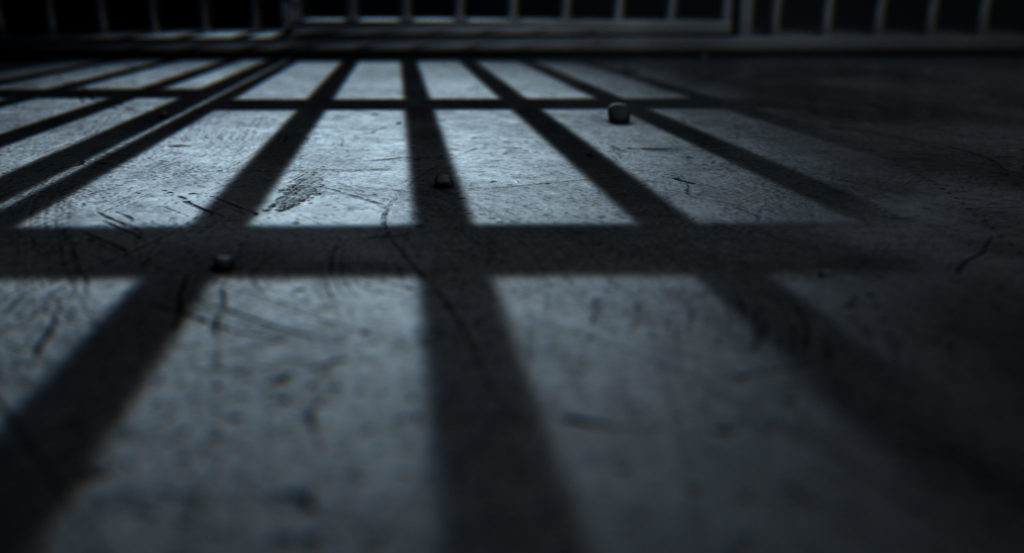Brigham Young University employs its own police agency. Its members are authorized to make arrests and even use deadly force, just like other police officers in Utah. However, there’s a major difference between BYU officers and other members of law enforcement: because BYU is owned by The Church of Jesus Christ of Latter-day Saints, the university isn’t subject to Utah’s open record law – at least not for now. Salt Lake City sex crime lawyer Darwin Overson investigates BYU policy and revisits some prior rulings on similar cases.
Utah Paper Seeks Access to Email Records in Rape Cases at Brigham Young University

Brigham Young University contends that University Police records are not subject to the provisions of Utah’s open record law, the Government Records Access and Management Act (GRAMA), because the agency was established by the university, which is privately-owned. The Salt Lake Tribune – which is currently in the process of appealing a court ruling that denied the paper access to BYU records – counters that BYU Police should be treated like other police officers in Utah, since they have the same authority and perform the same functions.
The dispute began when the Tribune, investigating the treatment of alleged sexual assault victims on BYU’s Provo campus, called for access to emails between the university’s police force and Honor Code Office, which investigates suspected Code violations. According to BYU’s website, “The purpose of the Honor Code Investigation and Administrative Review Process is to assist Brigham Young University and its students to preserve and enhance an educational environment conducive to achieving the aims of a BYU education and fulfilling the mission of BYU.” In short, students are expected to comply with the Honor Code, which draws on the traditional values of the LDS Church.
The Code was formally implemented during the late 1940s, and has been a major part of BYU campus life ever since. It requires BYU students to refrain from using profanity, abstain from alcohol, tobacco, and drug possession or use, follow a dress code, attend church functions, and “live a chaste and virtuous life,” which means abstaining from sexual activity while enrolled.
Outside of the general Honor Code prohibition on sexual activity, BYU policy strictly forbids sexual harassment or violence of any kind. To quote BYU’s sexual misconduct policy, “The university will not tolerate sexual harassment, sexual violence, domestic violence, dating violence, or stalking,” adding, “Any person who violates this policy may be subject to discipline up to and including termination of employment, suspension, dismissal, and a ban from campus, depending on the circumstances and the severity of the violation and the violator’s status as an employee, student, or visitor.”
However, controversies have arisen over the treatment of victims in the past. In April, the Tribuneinterviewed Provo police officers and BYU students on the subject – one of whom claimed that a man who allegedly raped her “threatened to report her to Honor Code officials if she were to report him to police.” According to the article, “BYU officials have said a student is never disciplined ‘for being a victim of sexual assault,’ but it acknowledges that a victim may be investigated for related violations of the Honor Code.” One student who spoke with CNN around the same time the Tribune article was published, named only as Brooke, said she was expelled from the school after reporting a rape preceded by drug use.
“I thought there would be some mercy, you know,” she told CNN. “I told them everything, and because of the fact that I was on drugs, they used that reason to kick me out of school after reporting it.”
After facing public backlash, BYU revised its policies in October, announcing amnesty for the victims of alleged sexual assaults. Under the new policy, students who report sexual violence will no longer be investigated for other violations of the Honor Code, such as alcohol use. The new policy also prohibits BYU’s Title IX Office, which investigates reports of sexual violence, from disclosing information to the Honor Code Office unless the student grants consent.
The new policy may improve campus safety for all BYU students. In the meantime, the legal dispute between the Tribune and the Utah Attorney General’s Office continues, with attorneys from both sides citing prior court rulings that uphold their positions. On one hand, the Supreme Court of Indiana ruled that the University of Notre Dame was, as a privately-owned university, exempt from Indiana’s GRAMA equivalent. On the other, the Supreme Court of Ohio ruled that Otterbein University, which is also privately-owned, was subject to the state’s open record laws.
Under GRAMA, which is partially rooted in Utah Code § 63G-2-201, “Every person has the right to inspect a public record free of charge, and the right to take a copy of a public record during normal working hours.” However, the statute also states, “The following records are not public: a record that is private, controlled, or protected.” The question now at hand is whether emails between the BYU Honor Code Office and police should be considered “private, controlled, or protected.”
Provo Criminal Defense Lawyer Handling Aggravated Sexual Assault Charges

Regardless of whether they are made on or off a college campus, allegations of rape or aggravated sexual assault can lead to criminal prosecution and, if the defendant is convicted, extremely serious penalties which include fines, incarceration, and mandatory registration as a sex offender. In addition to these court-imposed penalties, college students convicted of sex crimes may also be expelled.
If your son or daughter has been accused of rape, statutory rape, aggravated sexual assault, or other sex offenses in Utah, it is crucial that you speak to an experienced Provo criminal defense attorney as soon as possible>. For a free, completely confidential legal consultation, call the law offices of Overson Law immediately at (801) 758-2287.






